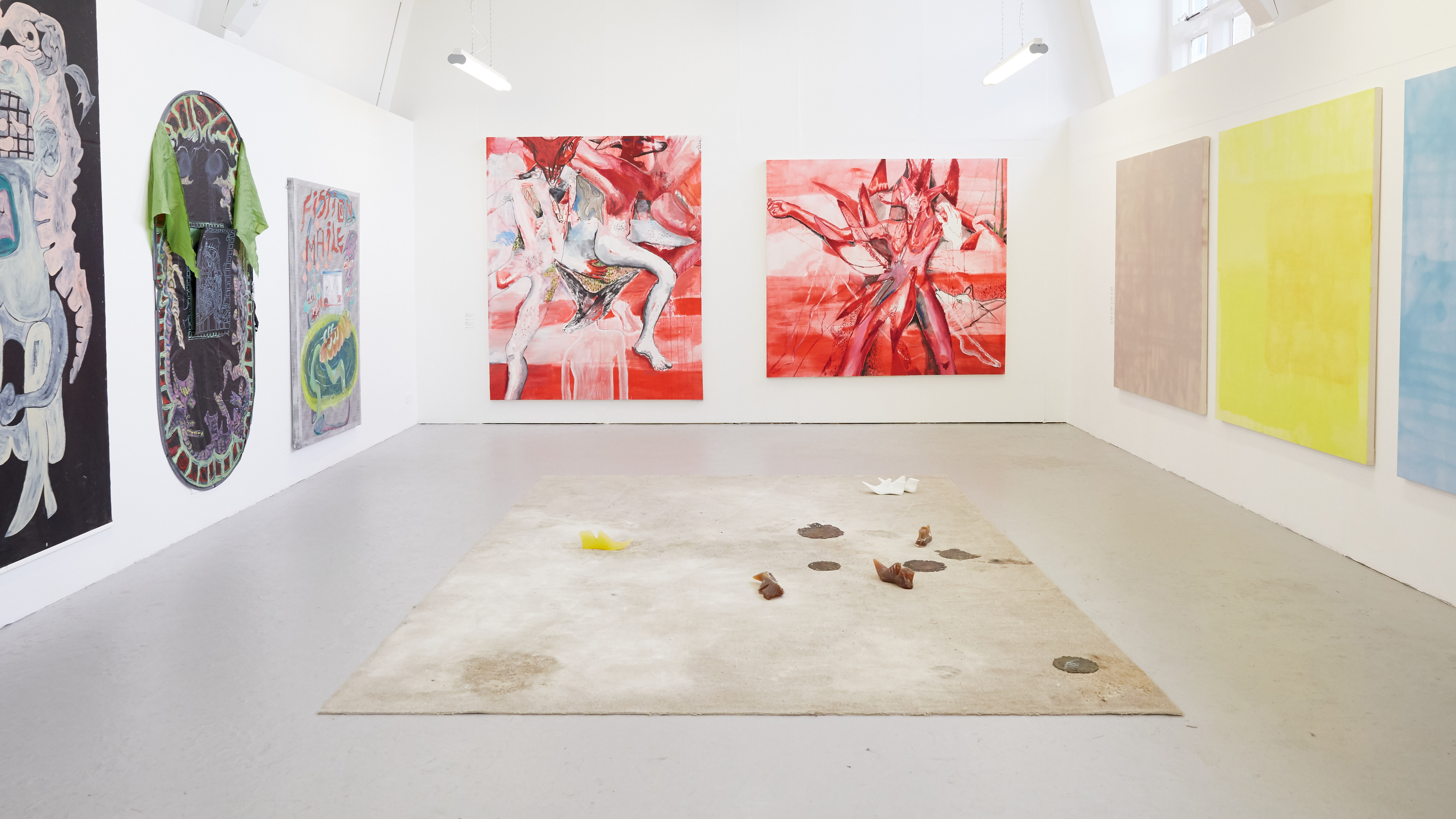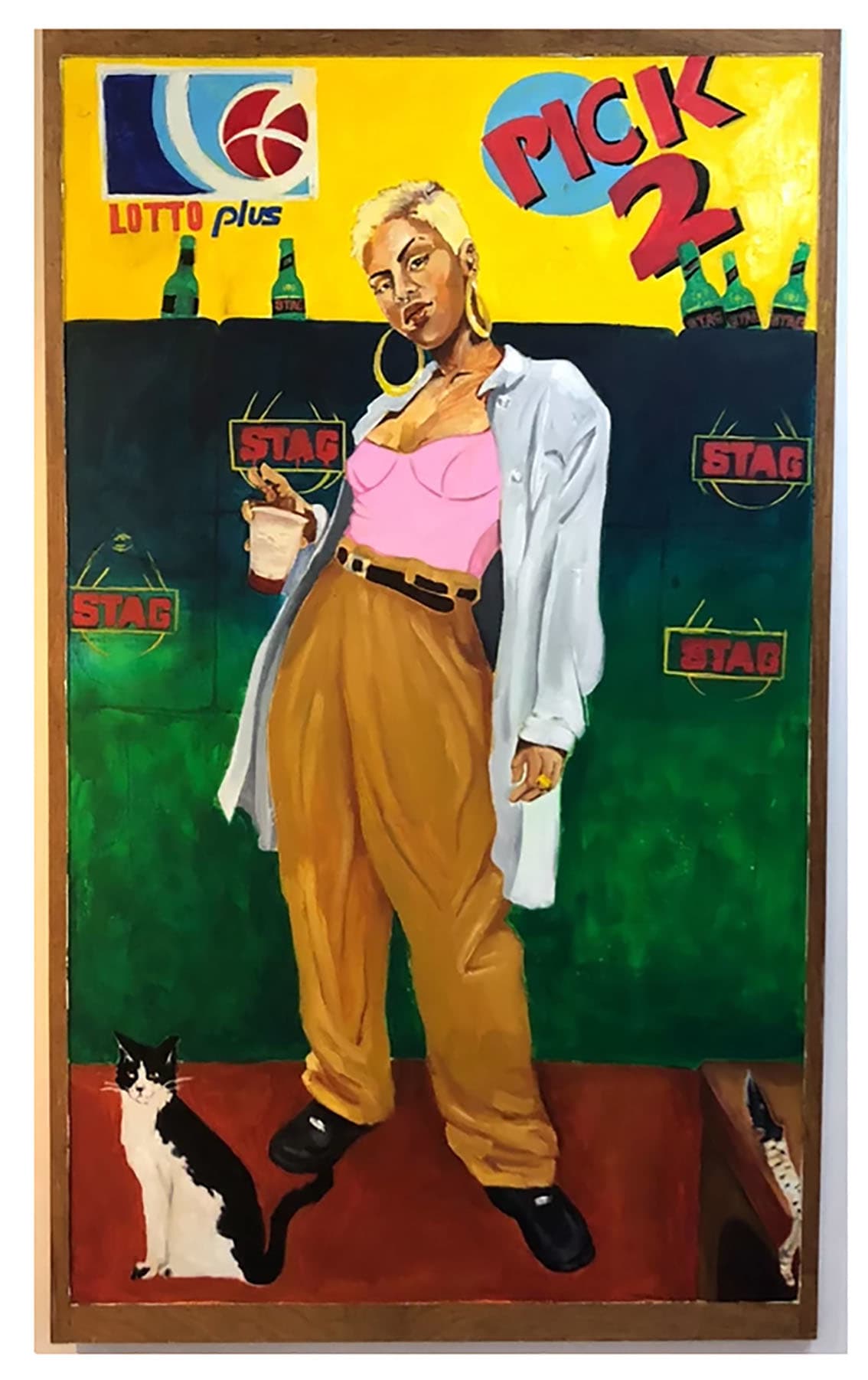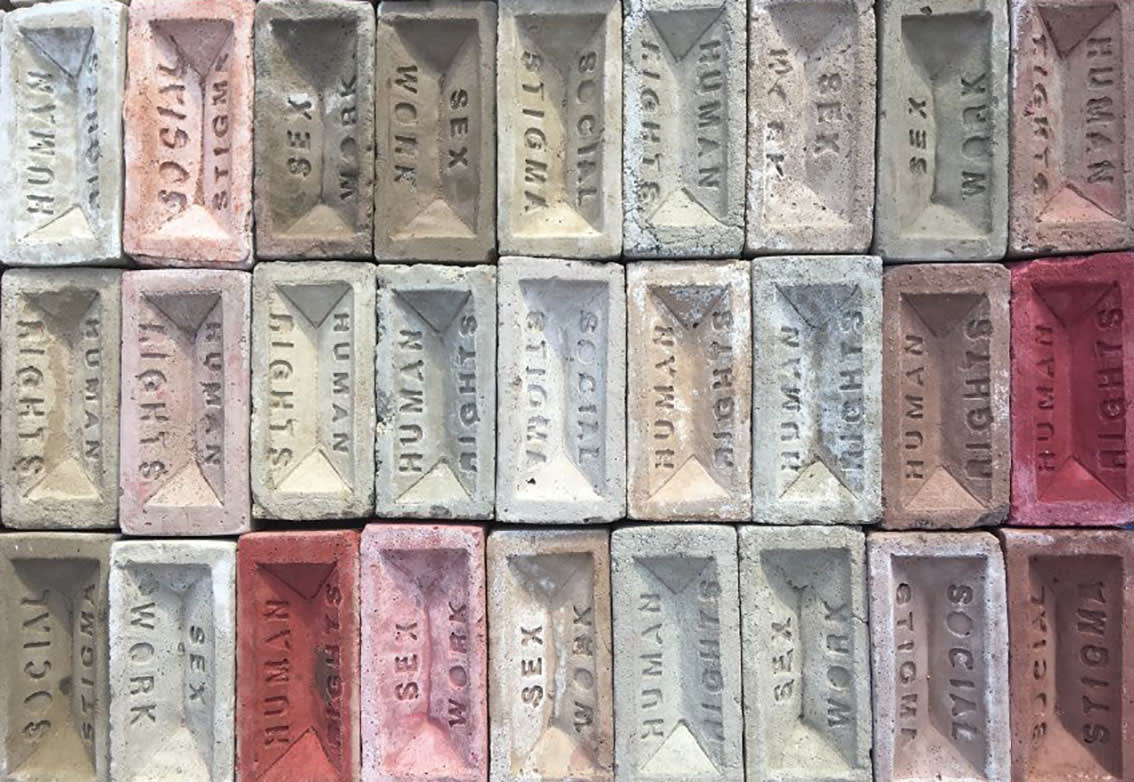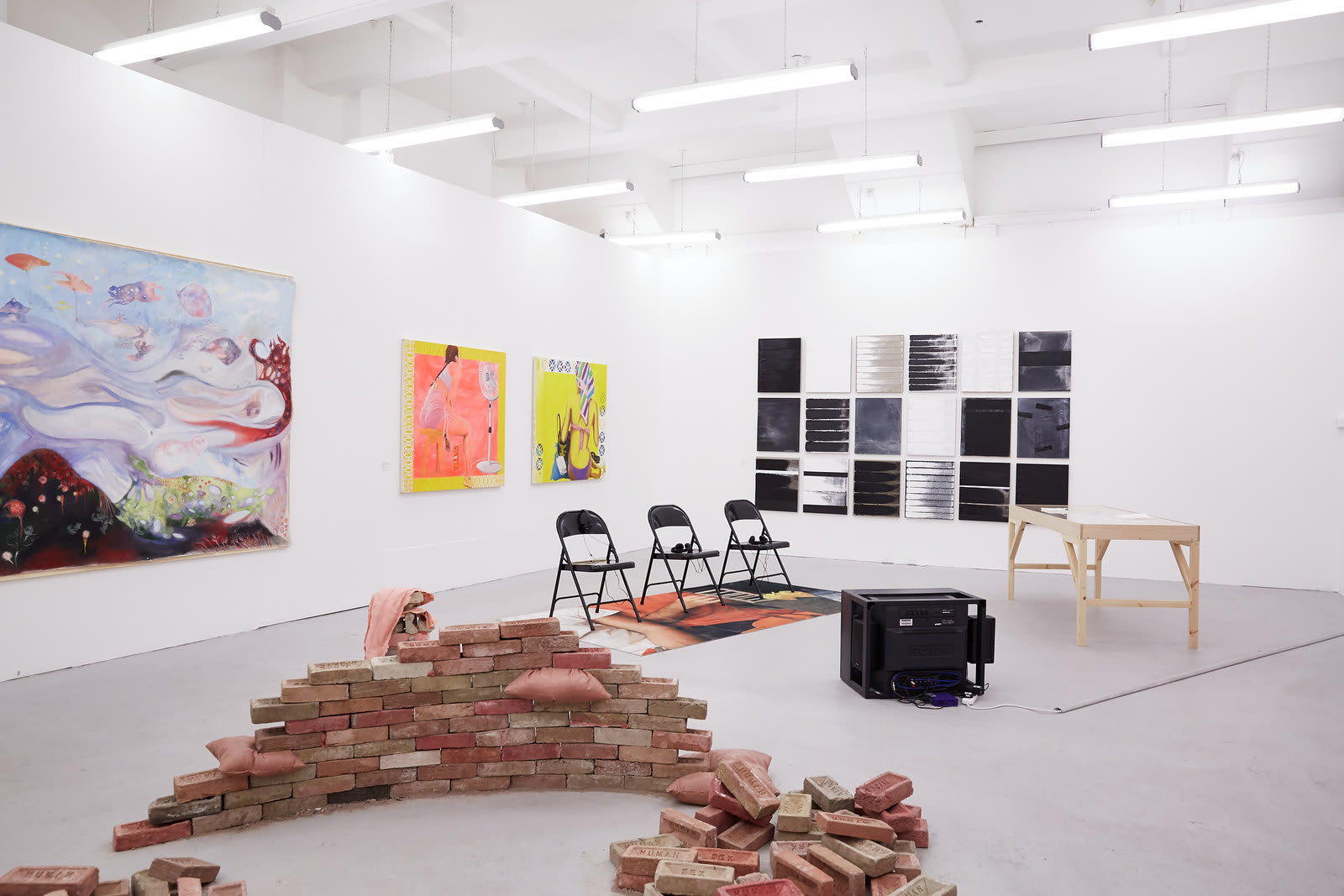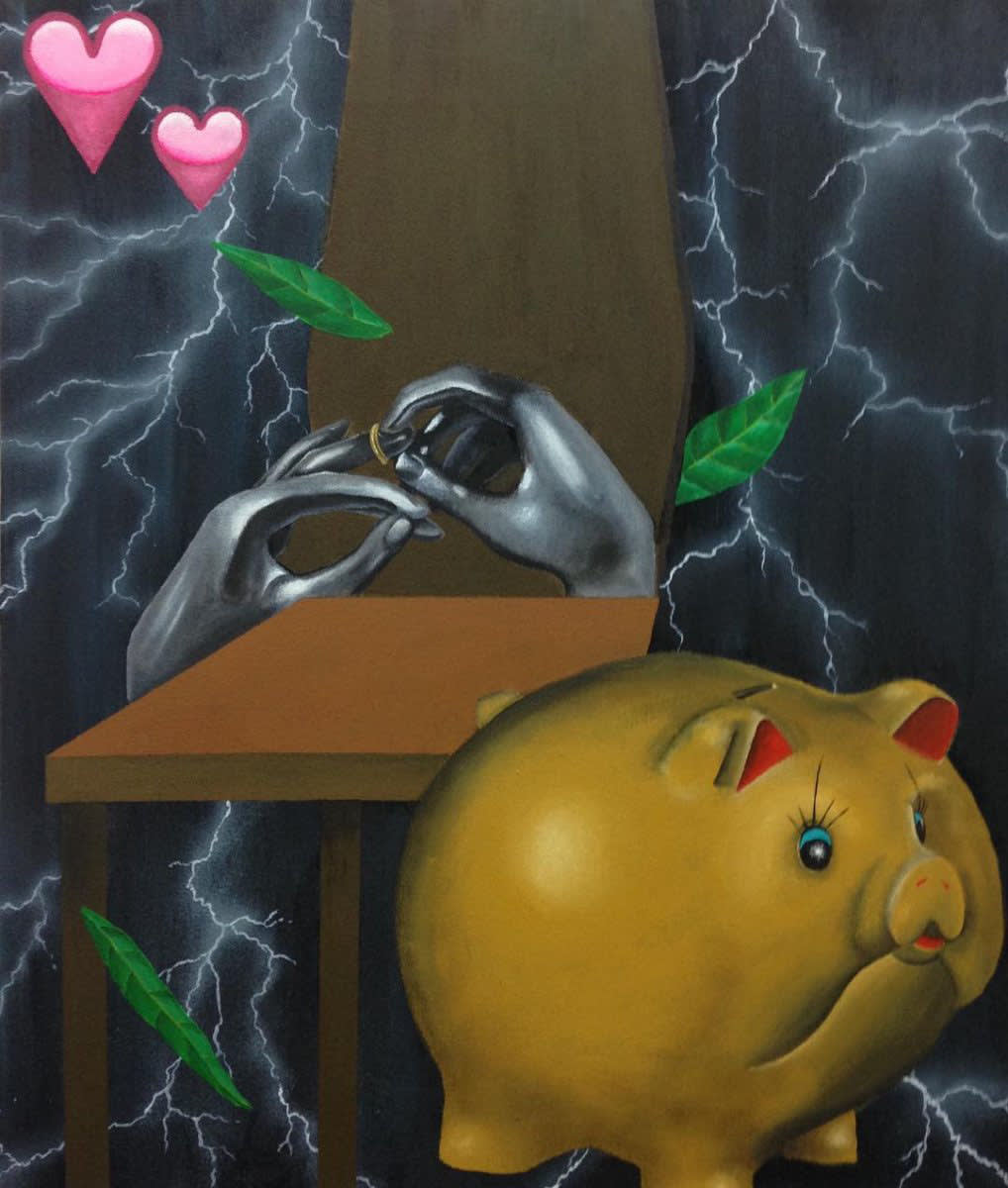Course units
Year 1
Unit 1: Introduction to Fine Art
This unit is an introduction to your course, the university and London as a resource.
Unit 2: Establishing practice
With support from your tutors, you will develop your own fine art practice through identifying areas of interest that have emerged in Unit 1. This will be through self-directed projects leading to sustained and increasingly independent practice. There will be timetabled workshops, seminars, lectures and tutorials.
Unit 3: Ideas into practice
You will focus on further developing and strengthening your skills and confidence in articulating and exploring your chosen areas of research through writing and art practice. By identifying specific skills and strategies, you will develop your work for public exhibition.
Unit 4: Activating practice
You will be introduced to working outside a studio environment and situating your work in the public realm.
Year 2
Unit 5: Exploring context through practice
You will extend the independent practice you established in Year 1. This will deepen your understanding and articulation of the ideas influencing your practice.
Unit 6: Collaborative and collective practices
You will be introduced to different ways in which collaborative working can help you to focus and enhance your own creative strengths. You’ll have the chance to work with fellow students and creative communities.
Unit 7: Refining practice
This unit will build on some of the collaborative skills gained in Unit 6 in order to facilitate the presentation and contextualisation of your work. You will research and present an essay to help situate your work critically.
Unit 8: Audiences
In this unit, you are prompted to professionally plan and communicate your work in the third year, focusing the direction and context of your practice.
Year 3
Unit 9: Practice and articulation
You will develop work for a public audience, supported by a piece of research produced either in written form, presentation, live project or work placement.
Unit 10: Practice and presentation
You will work to build a sustainable and ethical practice for your degree show. You will consolidate your research in the creation of new work which engages audiences.
Optional Diploma between Years 2 and 3
Between Years 2 and 3 of the course, you’ll also have the opportunity to undertake one of the following additional UAL qualifications:
Diploma in Professional Studies (DPS)
This optional diploma can be taken between years 2 and 3. With support from your tutors, you’ll undertake an industry placement for a minimum of 100 days/20 weeks. As well as developing industry skills, you’ll gain an additional qualification upon successful completion.
Diploma in Creative Computing
Between years 2 and 3, you can undertake the year-long Diploma in Creative Computing. This will develop your skills in creative computing alongside your degree. After successfully completing the diploma and your undergraduate course, you’ll graduate with an enhanced degree: BA (Hons) Fine Art: Painting (with Creative Computing).
